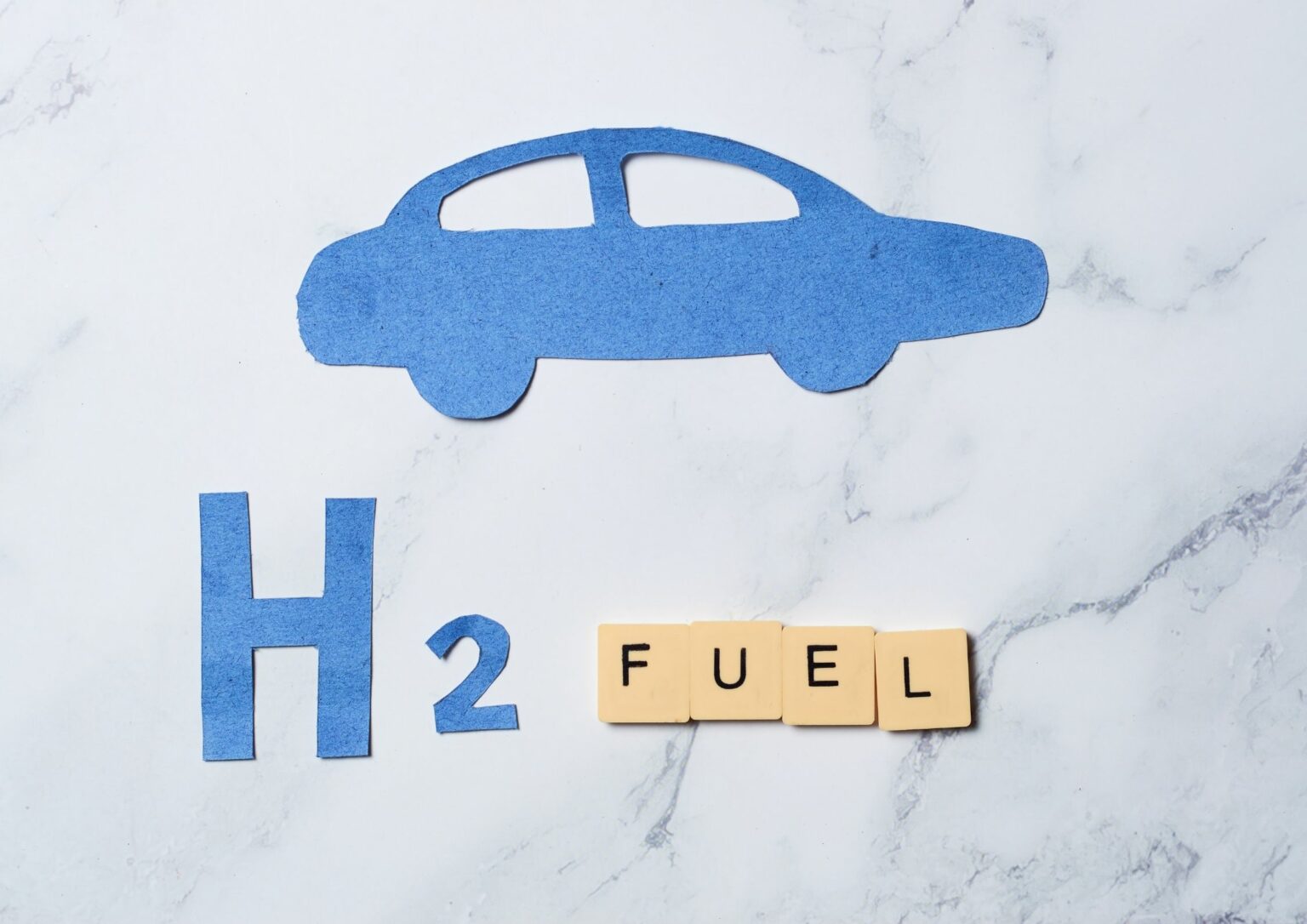Toyota Motor Corporation, Mazda Motor, and Subaru Corporation have unveiled new engines designed to operate with electronic fuel, biofuels, and liquid hydrogen, catering to the evolving landscape of electrified and electric vehicles.
The three Japanese automakers emphasize the development of compact and efficient engines capable of integration with electric vehicle platforms. By ensuring compliance with stringent emissions regulations, these engines aim to decarbonize combustion vehicles and accommodate a range of carbon-neutral fuels, including synthetic fuel, biofuels, and liquid hydrogen. This commitment to environmental compatibility aligns with industry benchmarks for sustainable transportation solutions.
The collaborative effort underscores a strategic shift towards achieving carbon neutrality across the automotive sector. By optimizing engine performance and integration with electric propulsion units, Toyota, Mazda, and Subaru seek to enhance the overall efficiency and environmental sustainability of their vehicle lineup. This emphasis on carbon neutrality reflects a broader industry trend towards eco-friendly mobility solutions.
The project’s focus on engine development not only addresses environmental objectives but also aims to secure the future of supply chains and employment opportunities within the automotive sector. By investing in engine technologies compatible with carbon-neutral fuels, the companies demonstrate a proactive approach to navigating the transition towards sustainable mobility solutions. However, the long-term impact on existing supply chains and job roles remains subject to further evaluation.
The involvement of Toyota, Mazda, and Subaru in racing activities highlights their commitment to exploring alternative fuel options, including liquid hydrogen and carbon-neutral fuels, under extreme conditions. This initiative not only drives innovation in engine technology but also facilitates the transfer of knowledge and expertise from the racing arena to mainstream automotive applications. Such technology transfer initiatives are essential for accelerating the adoption of sustainable mobility solutions.
While competing in the automotive market, the three manufacturers emphasize a shared dedication to achieving carbon neutrality through a multi-track approach. Collaboration with like-minded partners is seen as pivotal in shaping the future of Japan’s automobile industry, fostering innovation, and driving sustainability initiatives forward. However, the success of these collaborative endeavors will hinge on effective coordination and alignment of strategic priorities among industry stakeholders.
